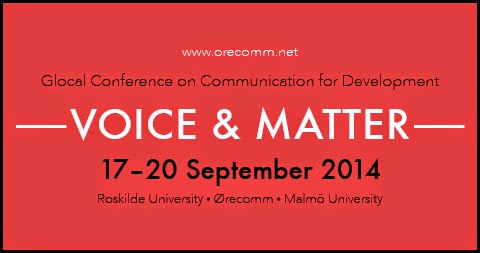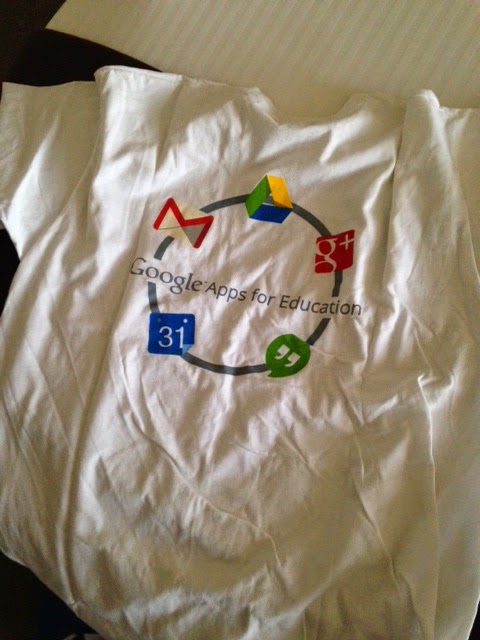CfP Örecomm Glocal Conference on Communication for Development-ICT, gender & journalism panels

Hi all, The fourth annual Örecomm Festival is in its early planning stages and this year I am part of the organizing team and responsible for two panels: Philanthropy? Market? Crowd? Poverty? The present and future of development journalism Amidst the disrupture and transformations of the media industry international development journalism is exploring new avenues to connect with different audiences and communicate social change. This panel will highlight new innovative approaches as well as discuss their limitations in an age where ‘everybody is a broadcaster’. ICT4D without ICT4G? What role for gender in communication for development? As photos of all-male ICT4D conference panels and technology fairs dominated by men in suits are circulated regularly on social networks questions about gender issues in ICT4D research and practice may be more pressing than ever. What can ICT4D learn from other contemporary development debates, e.g. on masculinities, conflict or sexuali...
